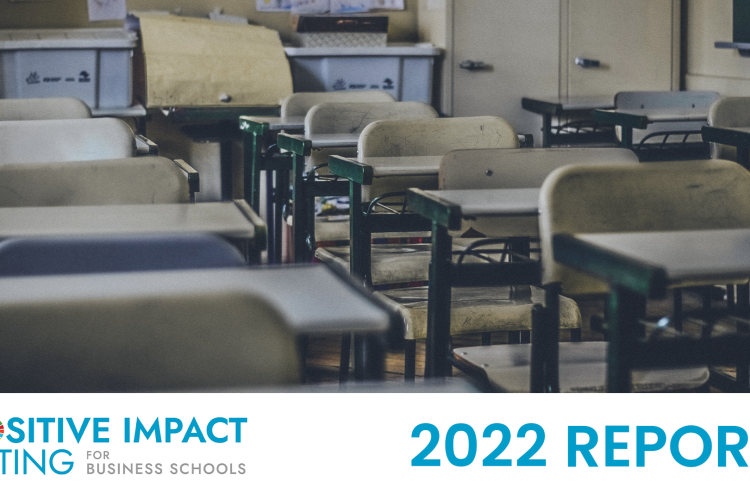Abstract
The case study is about the dilemma faced by Dr. Jim Yong Kim (Kim), President of the World Bank Group, related to International Finance Corporation’s (IFC) funding of the Tata Mundra Project in India. The Mundra plant was one of the Ultra Mega Power Projects (UMPPs) conceived with the objective of providing cheap electricity to power-starved states of India. Coastal Gujarat Power Limited (CGPL), a wholly-owned subsidiary of Tata Power, implemented the project with funds from various organizations including a funding of US$450 million from IFC.
Before the Tata Mundra power project went on stream, everyone related to the project claimed that it would be beneficial for infrastructure development, economic growth, as well as for the poor communities living in areas near the power plant site, but the project soon started facing some serious criticism on the environmental and social fronts. Critics alleged that the project had a severe impact on the environment, sea water, water level, soil, air, natural habitats, marine life, fish population, livelihood, and health and society as a whole. IFC’s ‘Office of the Compliance Advisor/Ombudsman’ (CAO) did an extensive investigation and found evidence which validated the main aspects of the Machimar Adhikar Sangharsh Sangathan (MASS) complaint. The management of IFC largely rejected the findings of the CAO, and Kim faced a lot of criticism for toeing the management line.
Kim was caught in a dilemma as the criticism grew more strident over the following months. If he still did not accept the findings of the CAO, then he as well as IFC risked being viewed as not doing enough for the environment and communities that were allegedly affected by the Tata Mundra power plant. On the other hand, if he did a U-turn and accepted the finding of the CAO, then he would have to stop the sustainable financing of US$450 million to the Tata Mundra project, which was established with the objective of providing cheap and reliable electricity to millions of people of developing India.
[table id=110 /]



